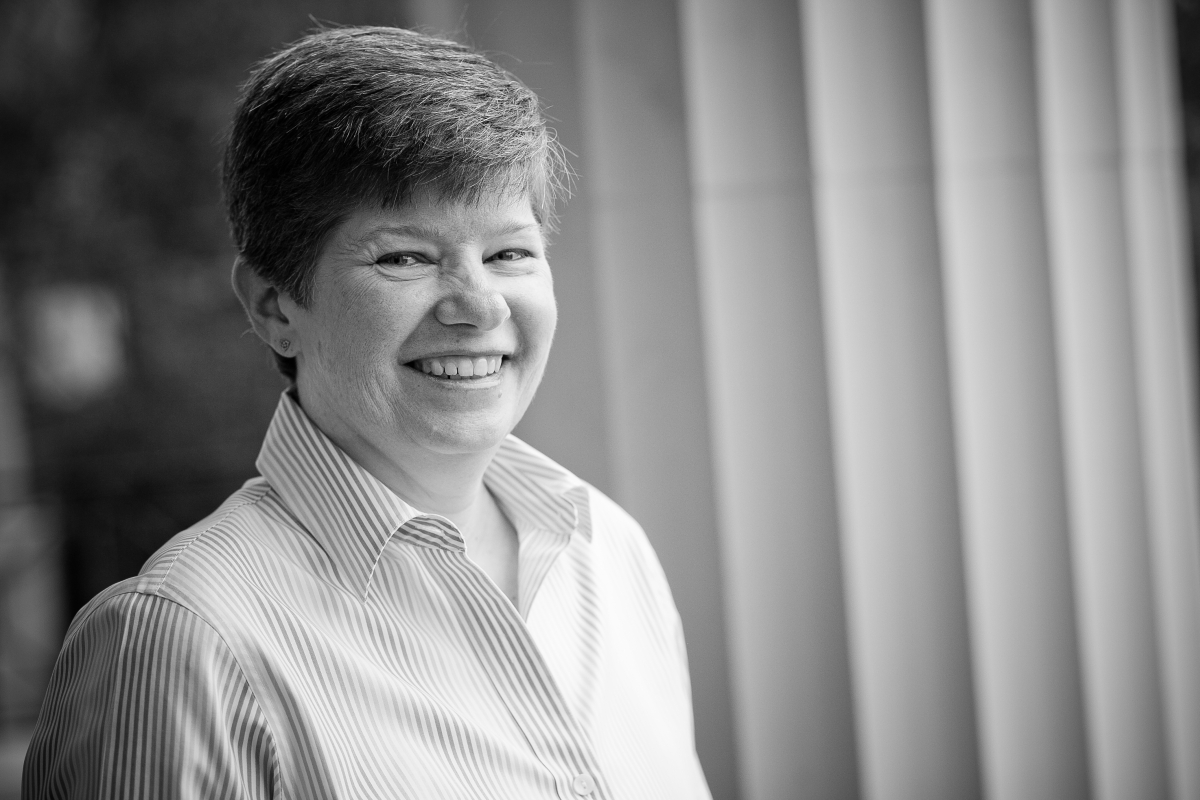What Classics Professors Can Teach the Rest of Us
What Classics Professors Can Teach the Rest of Us
UGA offers one online post-baccalaureate program, but its educational impact is immense. Five faculty members — Charles Platter, Damaris Corrigan, Naomi Norman, Andy Paczkowski and Richard LaFleur — devote their time to the Classical Languages certificate program, which is designed to help students reach and exceed advanced levels in Greek and Latin in order to prepare them for graduate study in the various fields of classics.
 In a recent article posted on The Chronicle of Higher Education, writer Leonard Cassuto explains “What Classics Professors Can Teach the Rest of Us,” as seen in the title of the article. He covers many aspects, from middle and high school teachers to professors and the strong relationships that typically exist among them. Cassuto had many positive things to say about studying the classics, including how even though jobs in the humanities suffered after the Great Recession, jobs having to do with the classics suffered the least.
In a recent article posted on The Chronicle of Higher Education, writer Leonard Cassuto explains “What Classics Professors Can Teach the Rest of Us,” as seen in the title of the article. He covers many aspects, from middle and high school teachers to professors and the strong relationships that typically exist among them. Cassuto had many positive things to say about studying the classics, including how even though jobs in the humanities suffered after the Great Recession, jobs having to do with the classics suffered the least.
What sets classical language studies apart is that “we embrace the idea that all scholars are teachers, and all teachers are scholars,” said Sherwin Little, administrative secretary of the American Classical League, according to the article.
Cassuto further explains his main point by saying, “All professors are familiar with the notion that teaching and research should fuel each other, but the idea is sometimes used as a scholar’s fig leaf — except in classics, where it infuses the field in an exemplary way.”
Dr. Damaris Corrigan, coordinator of the Post-Baccalaureate in Classical Languages program at UGA, agrees that the classical languages have an important place in today’s education system.
“The classical languages, Greek and Latin, remain important because they are the conduits through which we moderns can embrace the past,” explained Dr. Corrigan. “Through the classical languages, we can see what problems the ancients faced, how they dealt with their problems, and whether their solutions were successful. We can use their experience to inform our own choices or solutions.”
For the original article, check out The Chronicle of Higher Education website.
